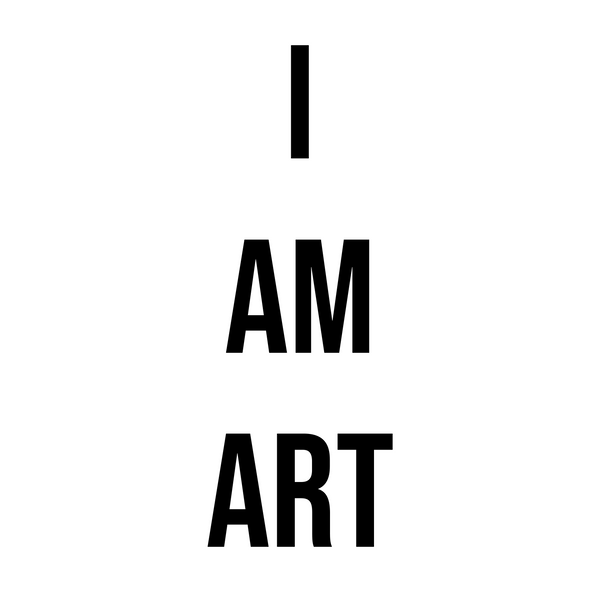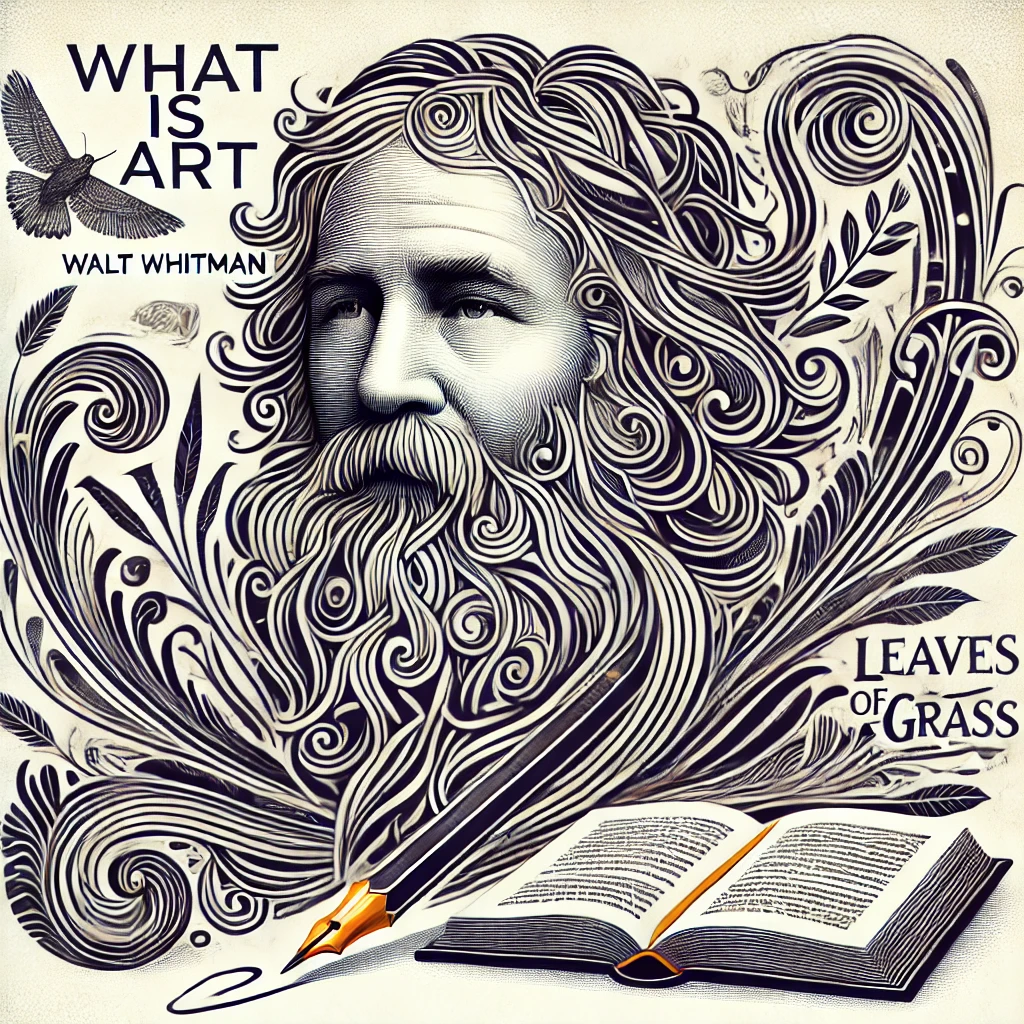In the tapestry of American literature, the name Walt Whitman stands as a beacon of poetic brilliance and visionary thought. Often hailed as the "Bard of Democracy" and the father of free verse, Whitman's enduring legacy is woven into the fabric of American literary history. Join us as we explore the life, works, and profound impact of Walt Whitman, a poet whose words echo through time, inviting readers to celebrate the expanses of the human spirit.
Early Life and Influences:
Walt Whitman was born on May 31, 1819, in West Hills, Long Island, New York. The second of nine children, he grew up in a working-class family and had limited formal education. However, his insatiable curiosity led him to voraciously consume literature and explore a diverse range of subjects, from nature to the human experience. Whitman's early years would go on to shape his egalitarian worldview and set the stage for his groundbreaking poetry.
"Leaves of Grass": A Literary Revolution:
In 1855, Walt Whitman self-published his seminal work, "Leaves of Grass." This collection of poems marked a departure from conventional poetic forms, as Whitman embraced free verse and explored themes of individuality, democracy, and the interconnectedness of all things. The first edition included the now-famous preface, where Whitman declared, "I celebrate myself, and sing myself." "Leaves of Grass" would undergo multiple revisions and expansions throughout Whitman's life, evolving into a poetic opus that celebrated the multifaceted nature of the American experience.
Celebrating the Common Man:
At the heart of Whitman's poetry is a celebration of the common man—the laborer, the farmer, the everyday person. He believed in the inherent dignity of every individual and sought to elevate the experiences of ordinary people to the realm of the extraordinary. His poems, like "Song of Myself," resonate with a spirit of inclusivity, breaking down societal barriers and embracing the richness of human diversity.
"Song of the Open Road": A Journey of the Soul:
One of Whitman's most iconic poems, "Song of the Open Road," encapsulates the spirit of wanderlust and the eternal journey of the soul. The open road becomes a metaphor for life's journey, a path of self-discovery, and an invitation to explore the vast landscapes of the human experience. Through vivid imagery and an embrace of the natural world, Whitman beckons readers to embark on a poetic pilgrimage of the spirit.
Influence on Future Generations:
Walt Whitman's impact on American literature extends far beyond his own lifetime. His unconventional poetic style and thematic explorations laid the groundwork for the modernist movement and inspired generations of poets. Figures such as Allen Ginsberg, Langston Hughes, and even contemporary voices find echoes of Whitman's democratic vision in their own works. His influence reverberates not only in poetry but also in the broader realms of literature, philosophy, and cultural thought.
Legacy and Commemoration:
Walt Whitman passed away on March 26, 1892, leaving behind a body of work that continues to inspire and challenge readers. His words remain a testament to the resilience of the human spirit, the beauty of diversity, and the unending journey of self-discovery. Whitman's impact is commemorated in various ways, including the Walt Whitman Bridge in Philadelphia and the Walt Whitman Birthplace State Historic Site in New York, ensuring that his legacy endures for generations to come.
Conclusion:
Walt Whitman's poetry invites us to join him on the open road of self-discovery, to revel in the beauty of the individual and the collective. His words, like leaves of grass, connect us to the earth, to each other, and to the eternal rhythms of existence. As we navigate the vast landscapes of Whitman's verses, we find not only a celebration of the human spirit but an enduring call to embrace the richness of life and the boundless possibilities of the open road.
'I don't do ART... I AM ART!'
@Artist_One
#IAMART

